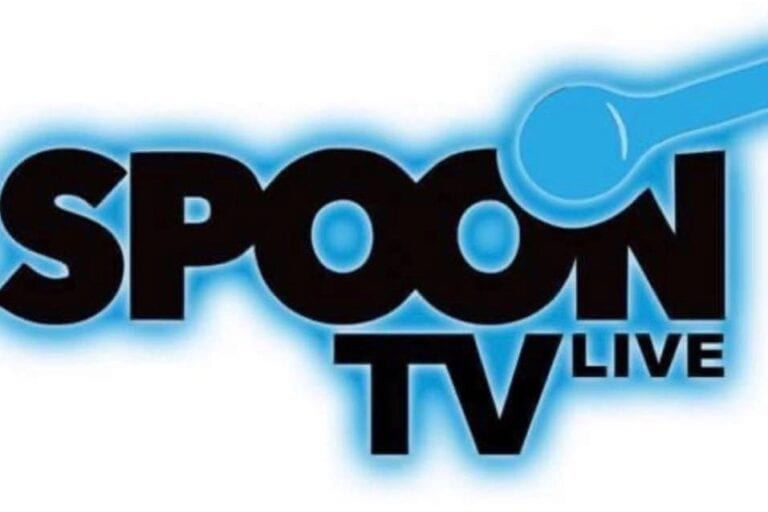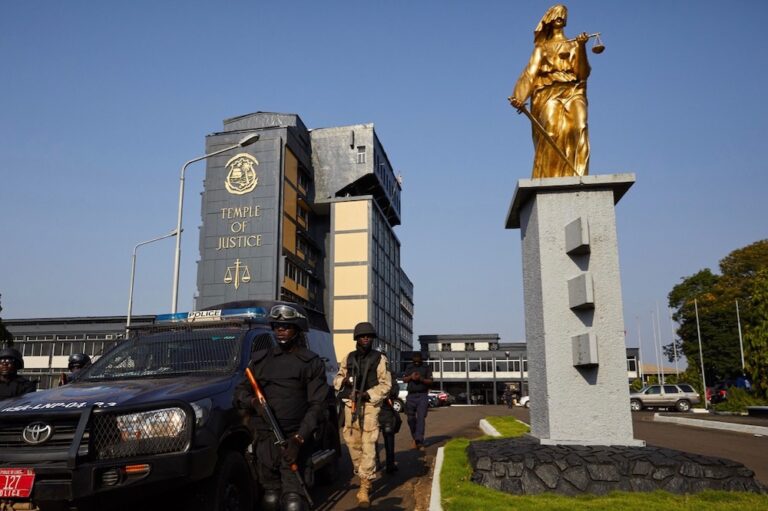Political parties' compliance with proactive disclosure of information during 2011 fared lower in comparison to the 2005 elections.
(CEMESP/IFEX) – June 14, 2012 – One finding that has emerged from the Center for Media Studies and Peacebuilding (CEMESP) research publication FOI in Post Conflict Electoral Environment in Liberia is that political parties’ compliance with proactive disclosure of information during 2011 fared lower in comparison to 2005 elections. The publication further added that in 2011, no candidate published the required asset disclosure form; and no candidate or party published its financial reports as required in article 83 (d) of the Liberian constitution. On the contrary, it indicated that four out of the five leading political parties had websites where information such as platforms, flyers, slogans and membership updates and press statements were uploaded.
As a UNESCO funded initiative that started with two stakeholders forums, the research and publication component of the project must serve as a lesson for sister countries in the Mano River basin. During a mini Mano River Union Journalists conference marking the past World Press Freedom Day celebration, Executive Director of CEMESP, Malcolm Joseph, dovetailed aspect of his panel presentation on the topic of the Importance of Preserving Media Freedom with findings of the said research.
The research spanned across the whole country, entailing expert opinions, focused group discussion, citizens’ survey and literature review – extrapolating access to information laws from around the world; Freedom of Information and Elections in Liberia; and a Glance at the Transitional Literature.
In the SWOT analysis done about the Liberian FOI Law, one thing that emerged as a strength is the fact that the Liberian law ranks fifth in the global ranking, which gives citizens and non citizens the right to ask for information without disclosing why they need such information.
In terms of weakness, the research noted that the Liberian FOI law was passed without an implementing strategy, which in effect creates budgetary unpredictability of a nonexistent strategy; and a truncated appeal mechanism given the slow pace of rolling out the agency. This makes litigation the only recourse, which is very unattractive because of cost and time exigency. Another weakness identified is low policy awareness about the utility value of the law at the level of the citizenry, including a weak FOI infrastructure in terms of a functional postal system and internet connectivity beyond the capital city. Regarding the foregoing, the publication notes: “ what this means in practice is that requests for information from institutions such as state owned enterprises, ministries, commissions, etc has to be provided at their head offices, and cannot be done without appearing in person to file the request…”
However, both donor interest and political will, engendered by CSO activism, were identified as opportunities; whilst the culture of silence and secrecy constitute a threat to the Liberia FOI law.
As a lesson for post war MRU countries, it has been recommended that all stakeholders, including media, CSOs, government, the National Elections Commission and donors – must play their roles well in order for the FOI regime to work well. The publication is uploaded on CEMESP’s website and hard copies are been distributed.


